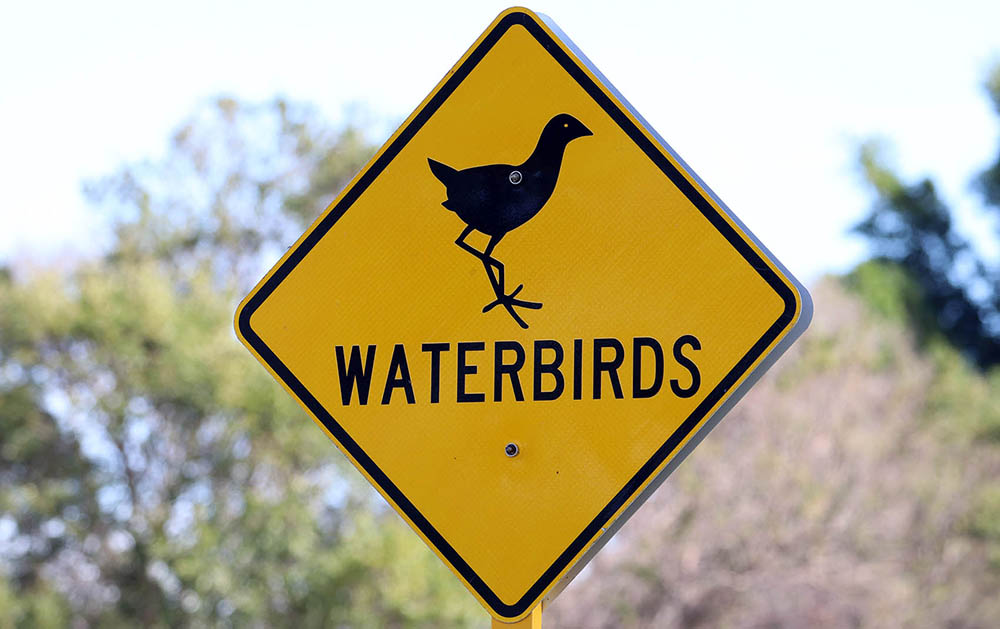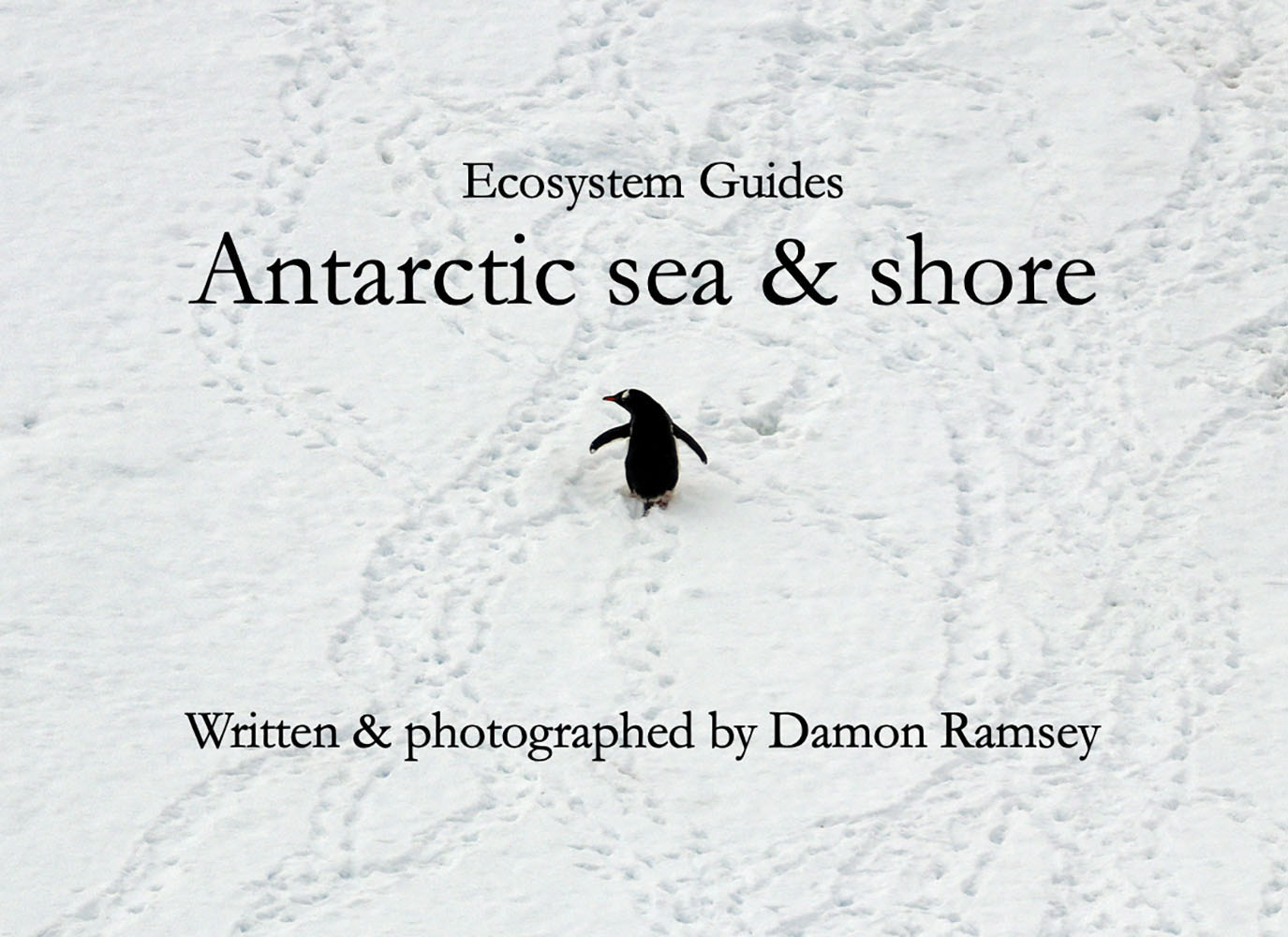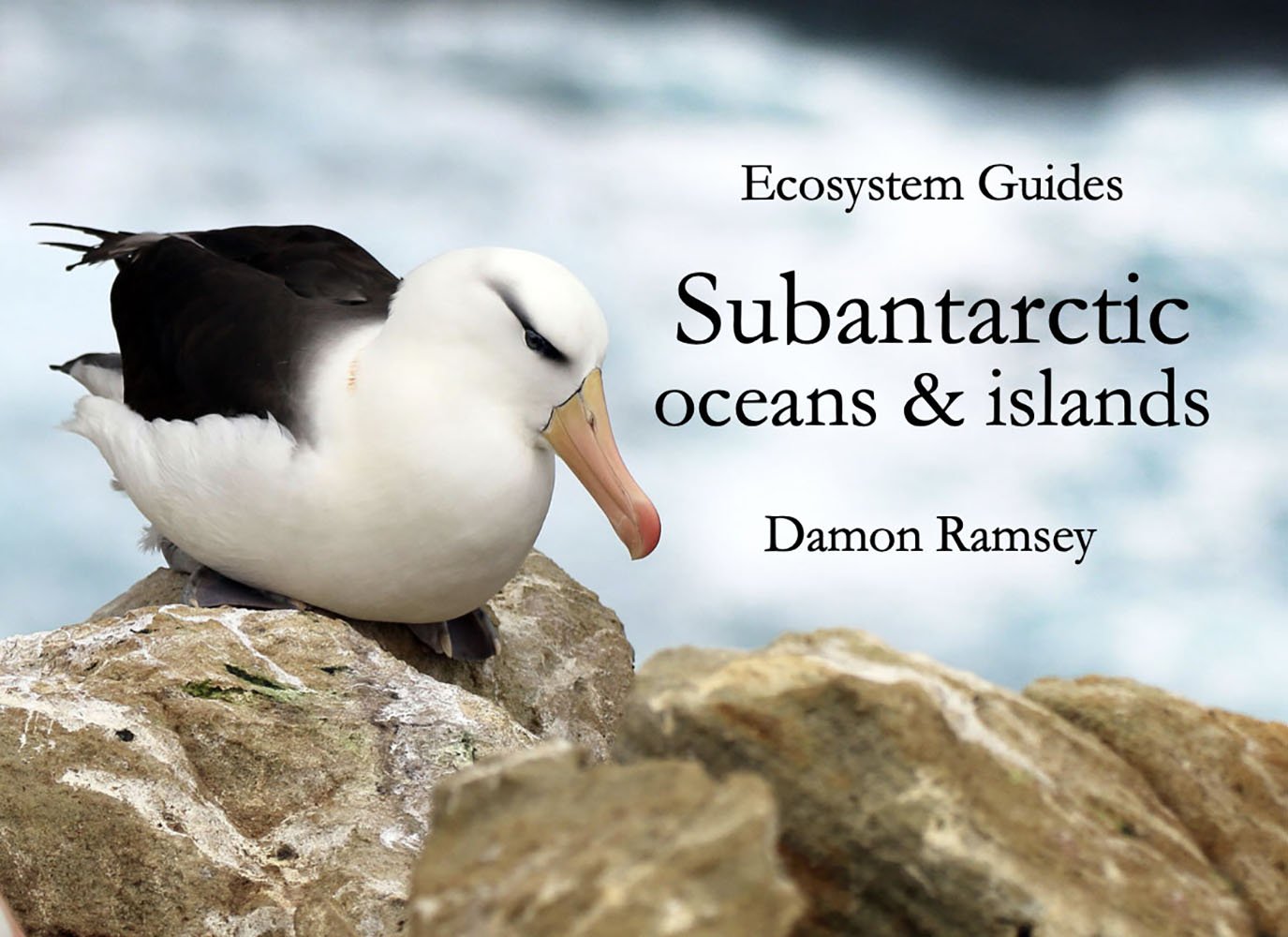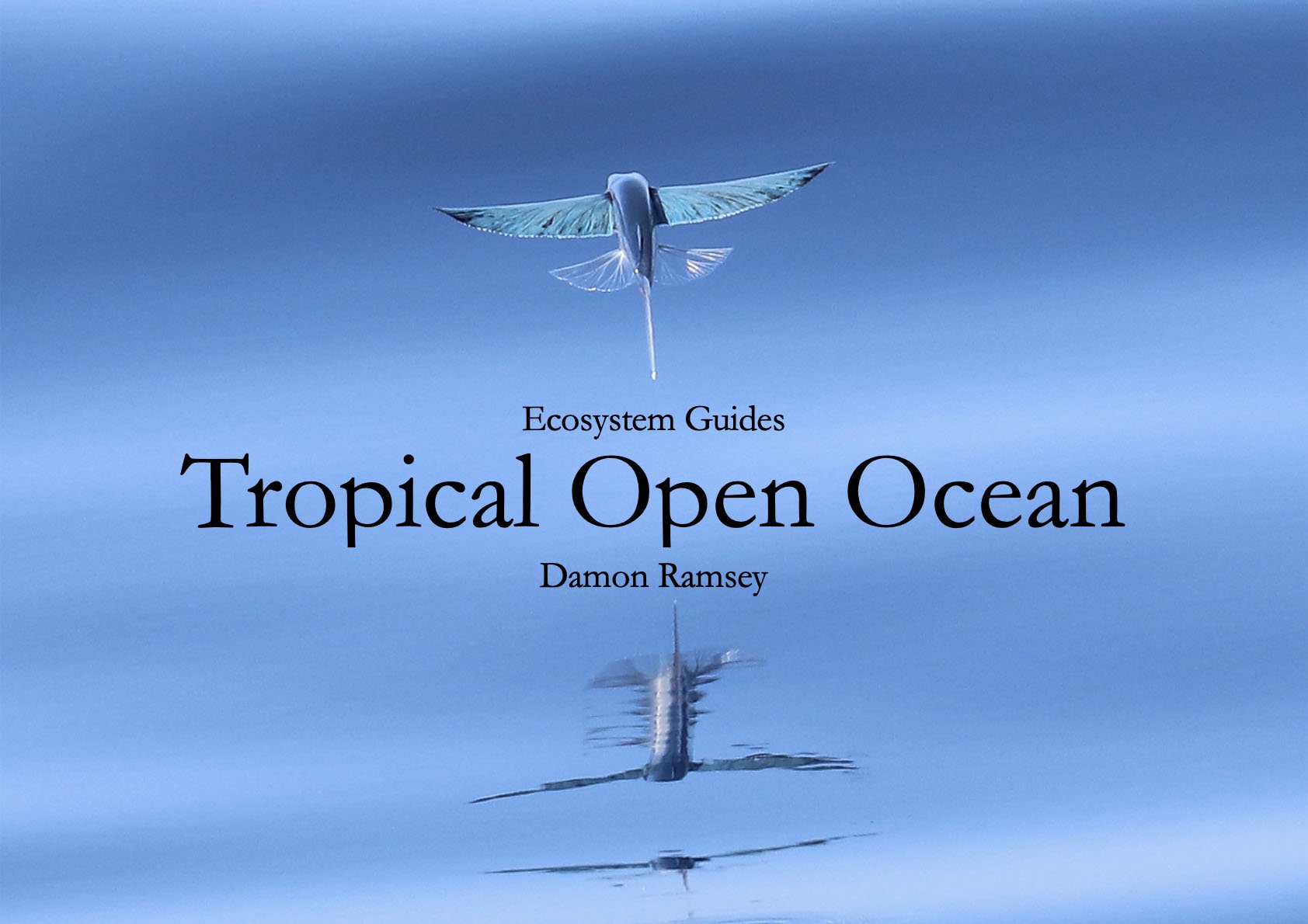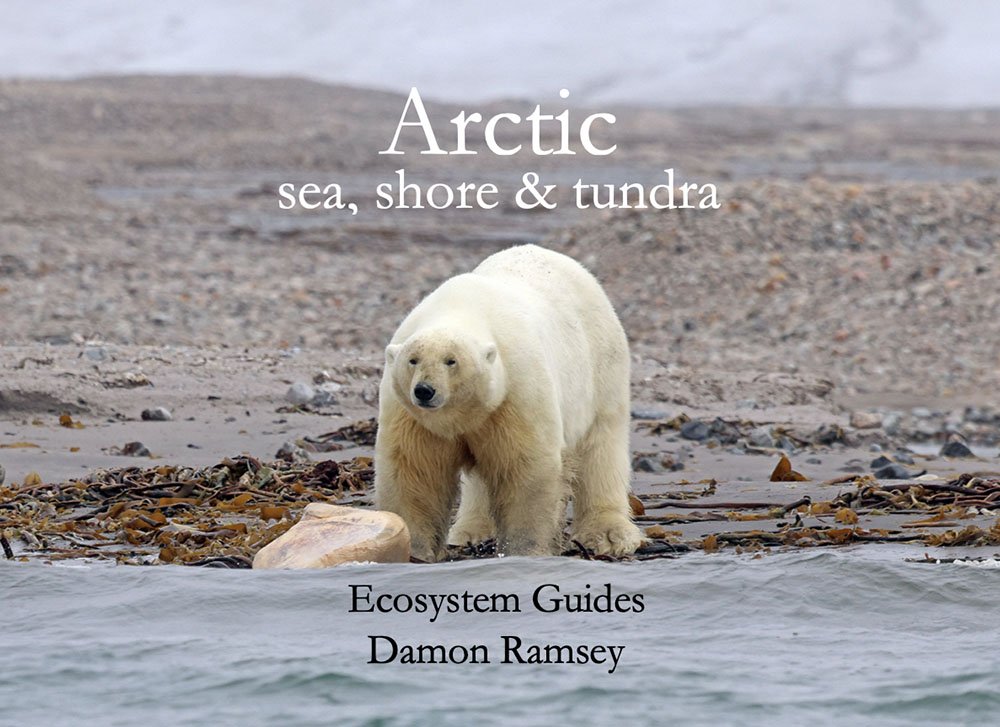ecosystem-guides.com
....exploring the planet's ecosystems
AUSTRALASIAN
Temperate Freshwater
(wetlands, lakes & rivers)
The freshwater lakes & wetlands of southern Australia...
The most obvious and dominant type of tree in Australian wetlands, both temperate and tropical, are the Melaleuca 'Paperbarks'. They are called this because of the distinctive flakey and peeling appearance of the trunk.
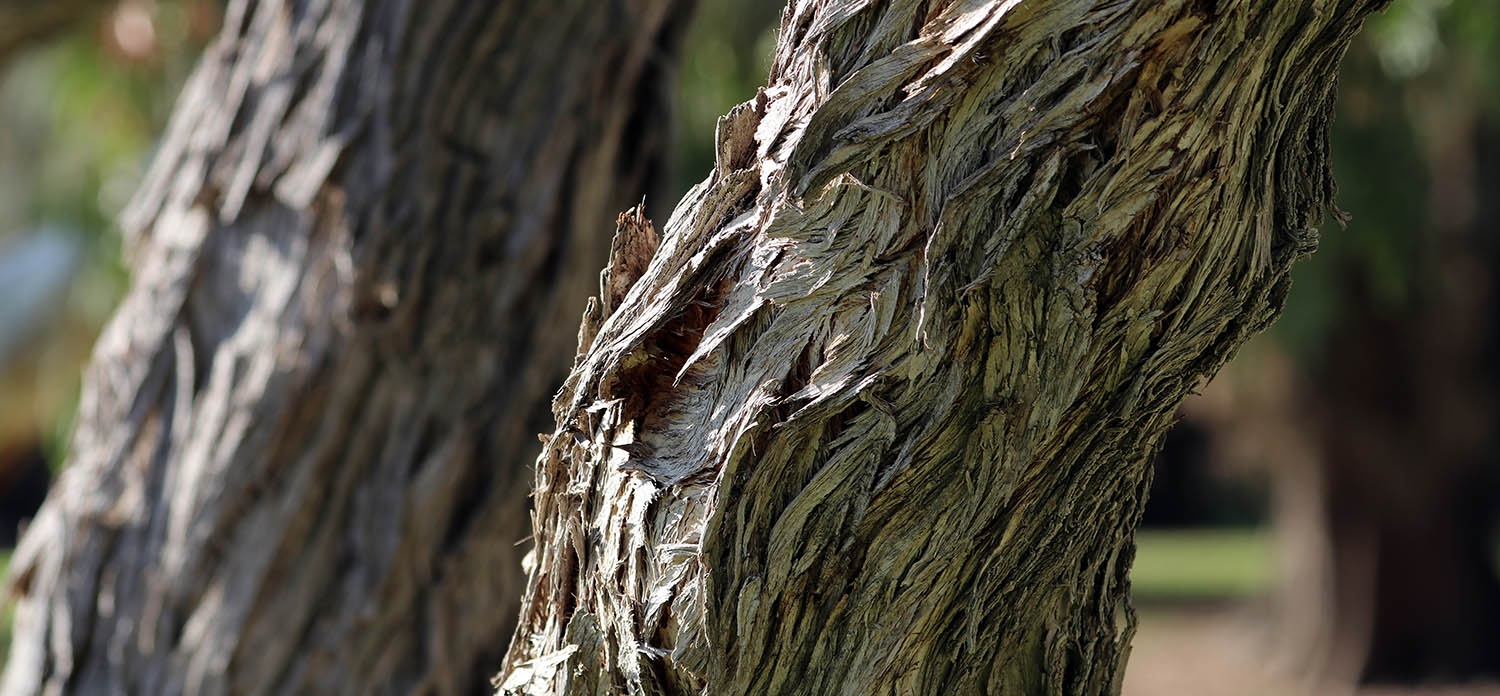
Flower of Melaleucas are often often cream in colour and strong in a musky smell.
 (Herdsman Lake, Perth)
(Herdsman Lake, Perth)Callistemon spp. 'Bottlebrush'. Callistemon flower are usually bright red in colour.
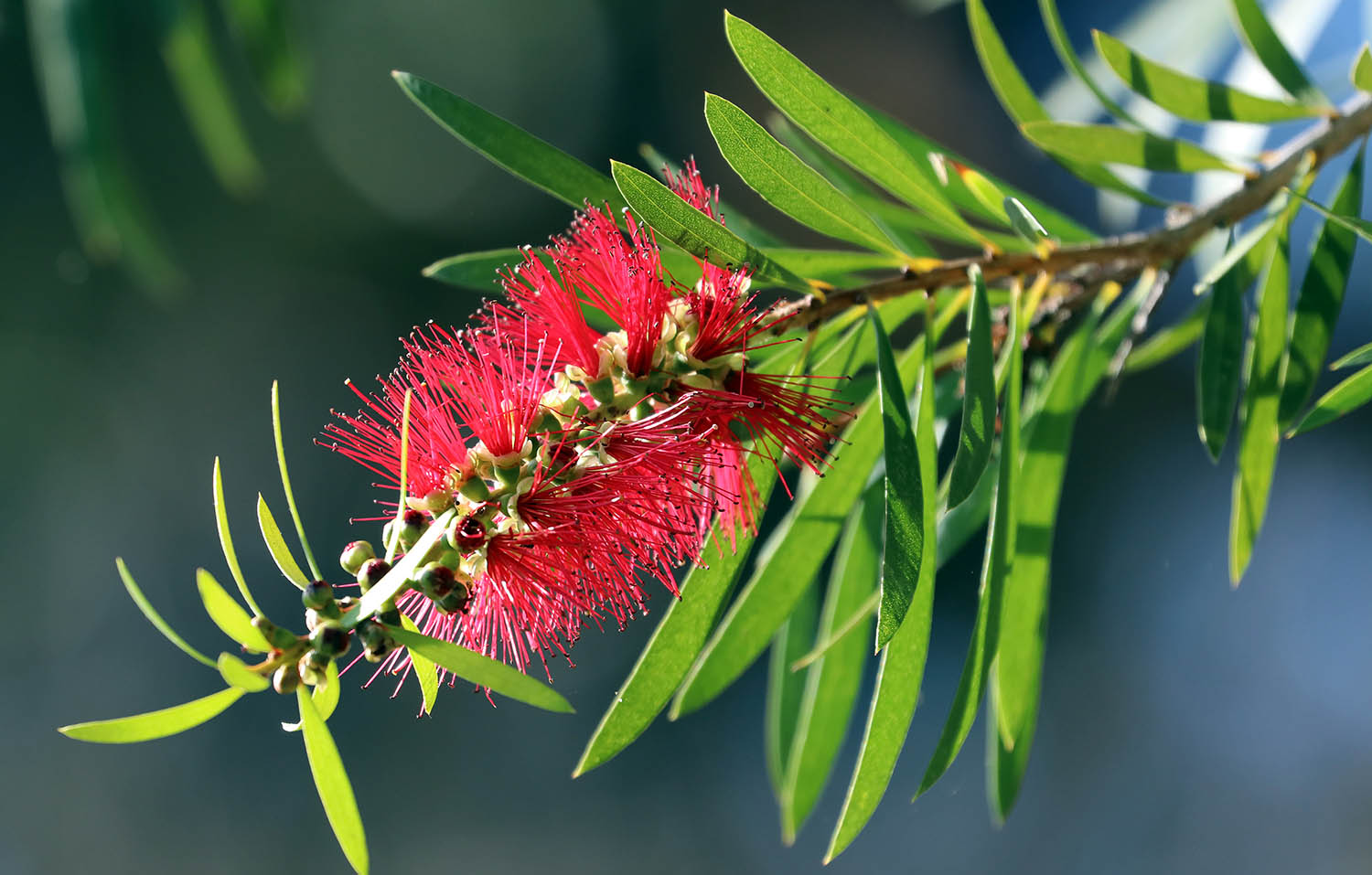 (Herdsman Lake, Perth)
(Herdsman Lake, Perth)The genus Beaufortia includes Beaufortia sparsa, 'Swamp Bottlebrush'. This has a large red bottle-brush like flowers followed by small hard fruits. They are endemic to south west Australia, where it grows in swampy areas.
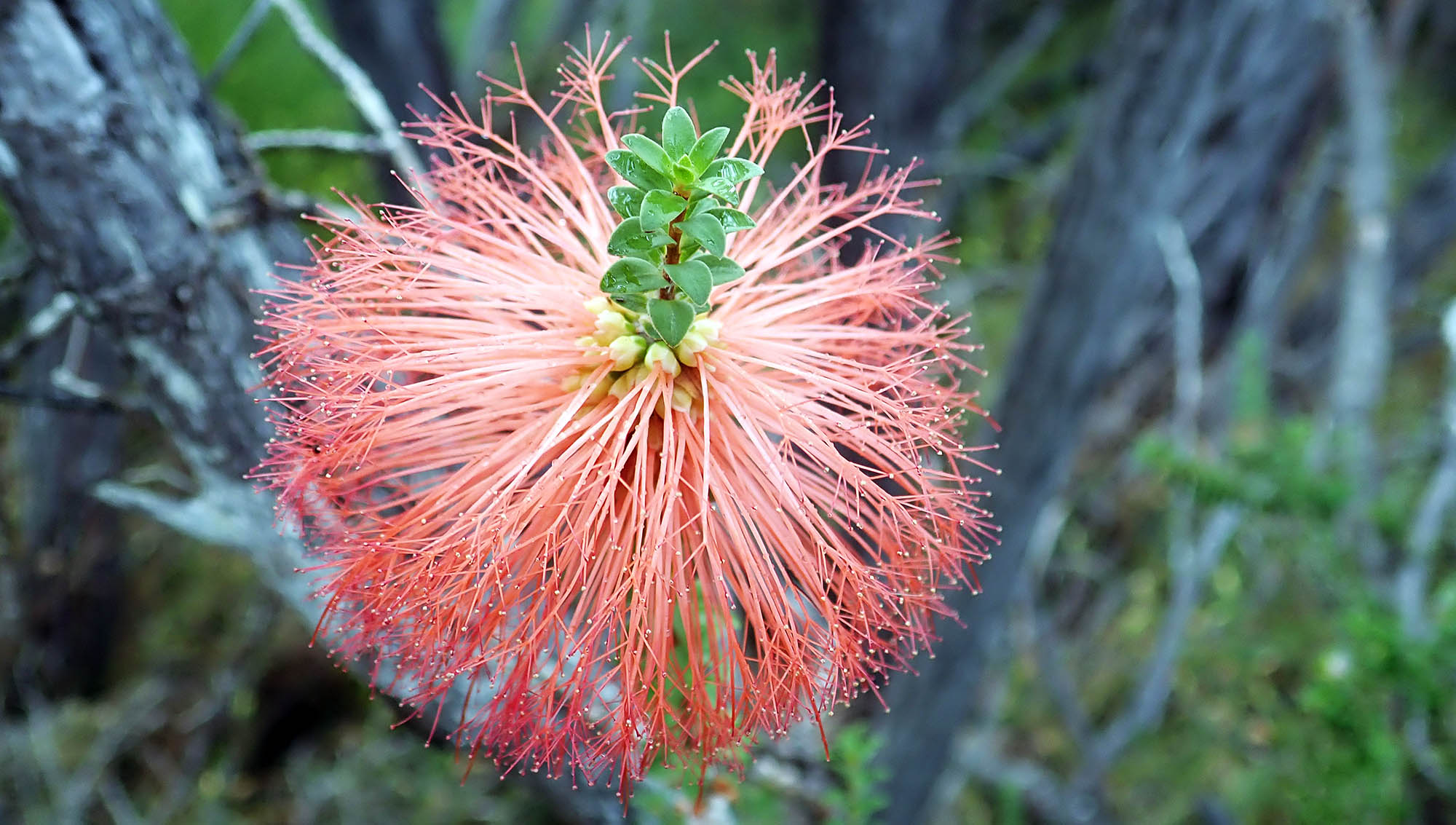 (Nonralup, Western Australia)
(Nonralup, Western Australia)There are some 3,600 species of mosquito. The females take blood from other animals to provide for their young. Several species can take human blood, and during piercing and feeding, they may pass pathogens to their host, with the result that mosquitoes can transmit deadly diseases to humans. As they can not function below about 10 degrees, it is only in the warmer times of the years when they increase in numbers around the freshwater wetlands of southern Australia.
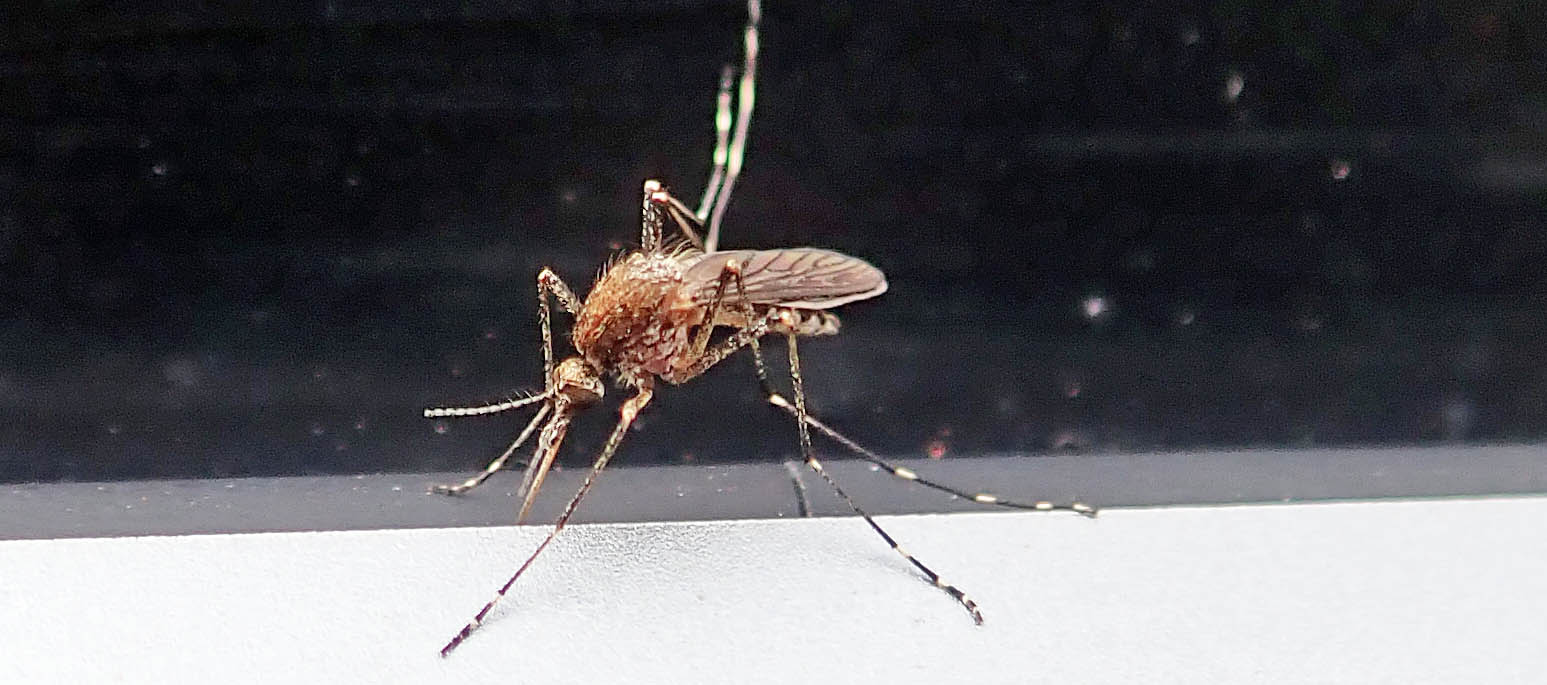 (Lake Muir, W.A)
(Lake Muir, W.A)Ranoidea moorei, 'Motorbike Frog' is endemic to temperate wetlands of south-west Australia.
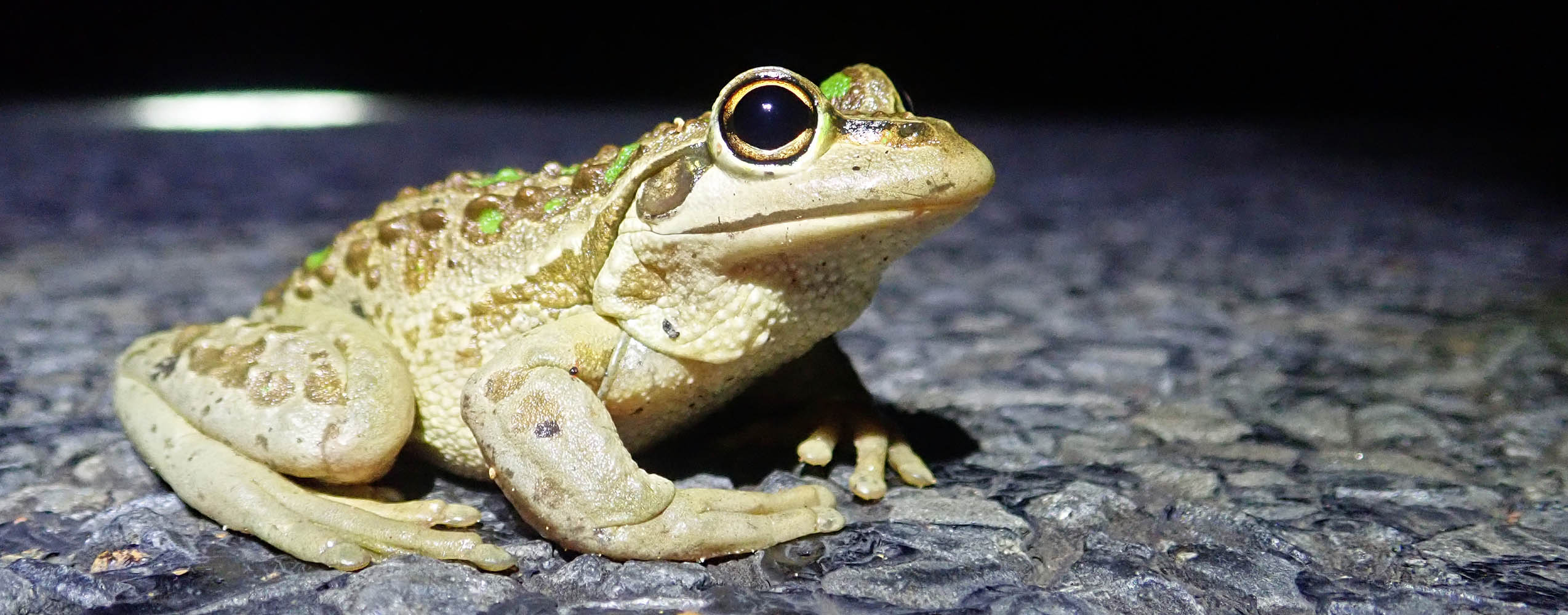
The family Anatidae contains most of the ducks and swans. Temperate Australia's most glamorous waterbird is the 'Black Swan'.
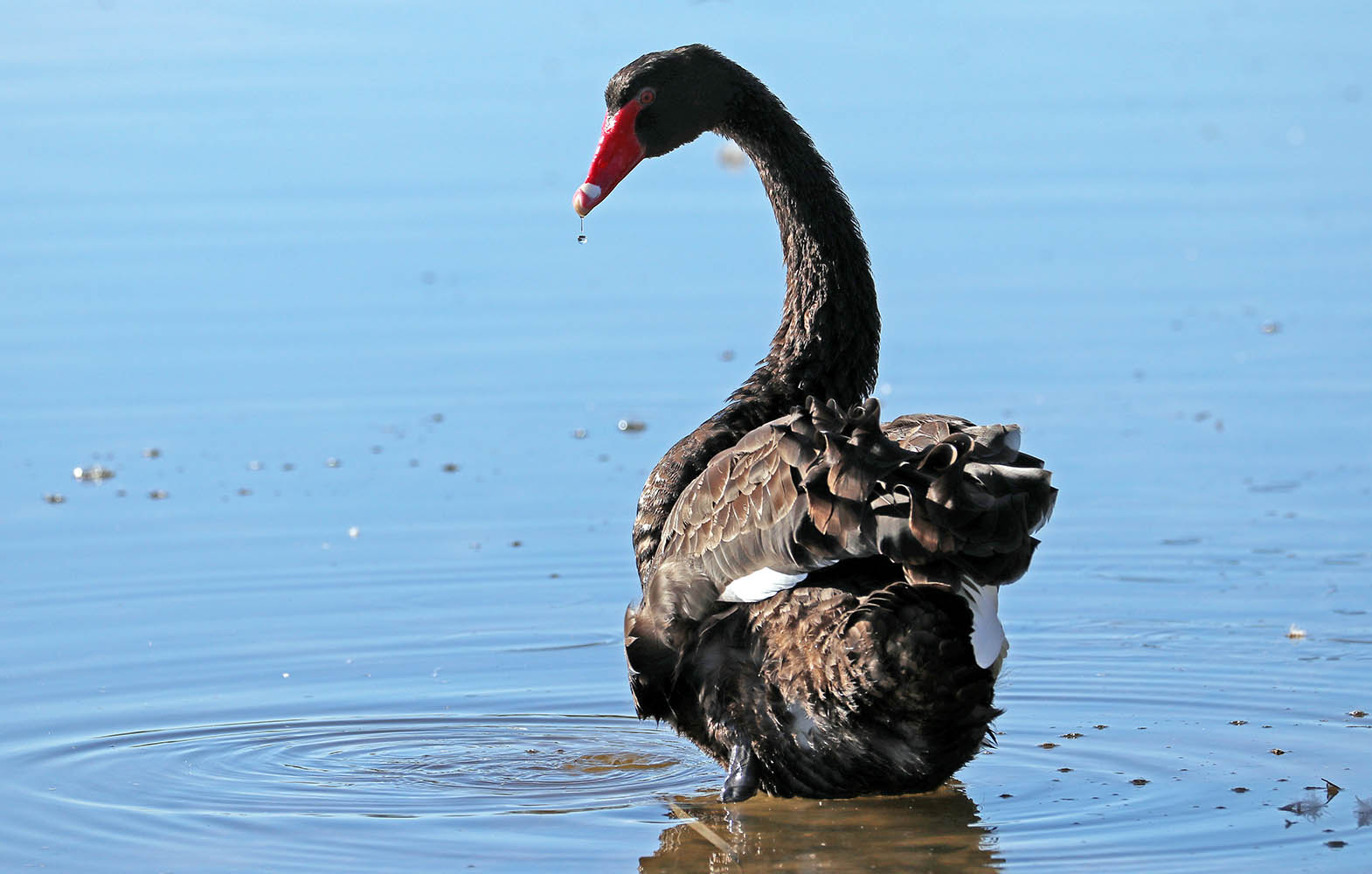 (Herdsman Lake, Western Australia)
(Herdsman Lake, Western Australia)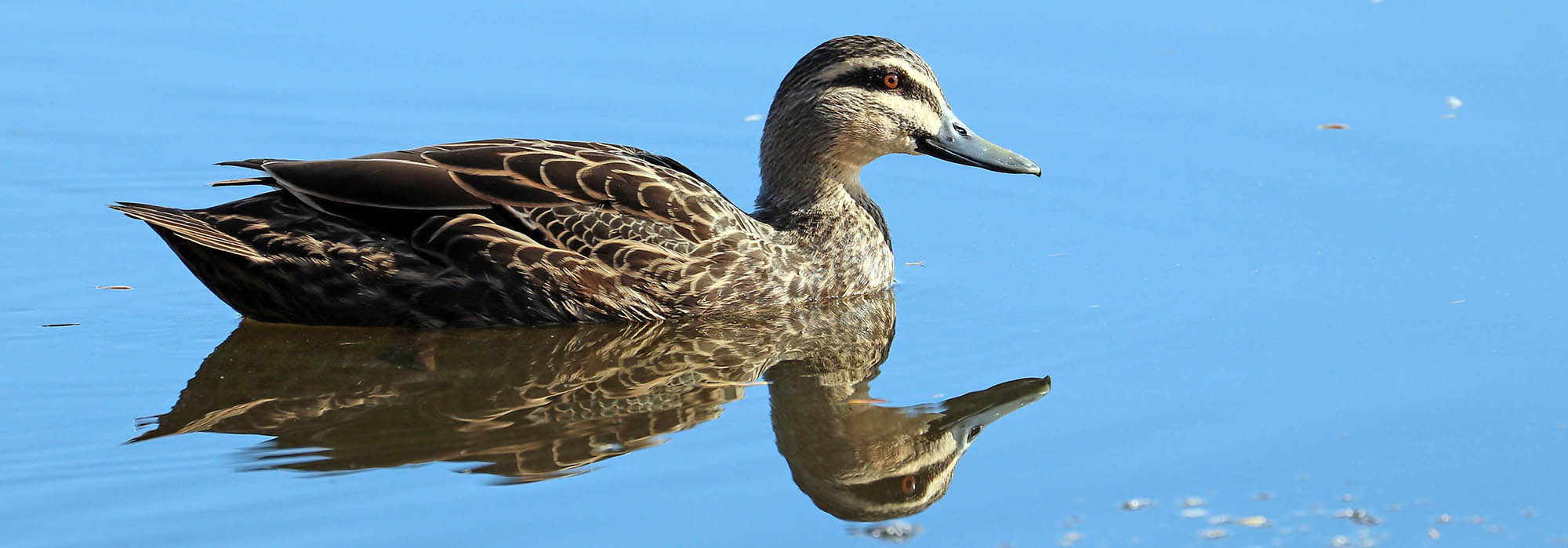 'Pacific Black Duck'.
'Pacific Black Duck'. 'Grey Teal', (Herdsman Lake, Western Australia)
'Grey Teal', (Herdsman Lake, Western Australia) 'Australasian Shoveller', (Herdsman Lake, Western Australia)
'Australasian Shoveller', (Herdsman Lake, Western Australia)The Grebe family Podicipedidae includes Podiceps cristatus, 'Great Crested Grebe'.
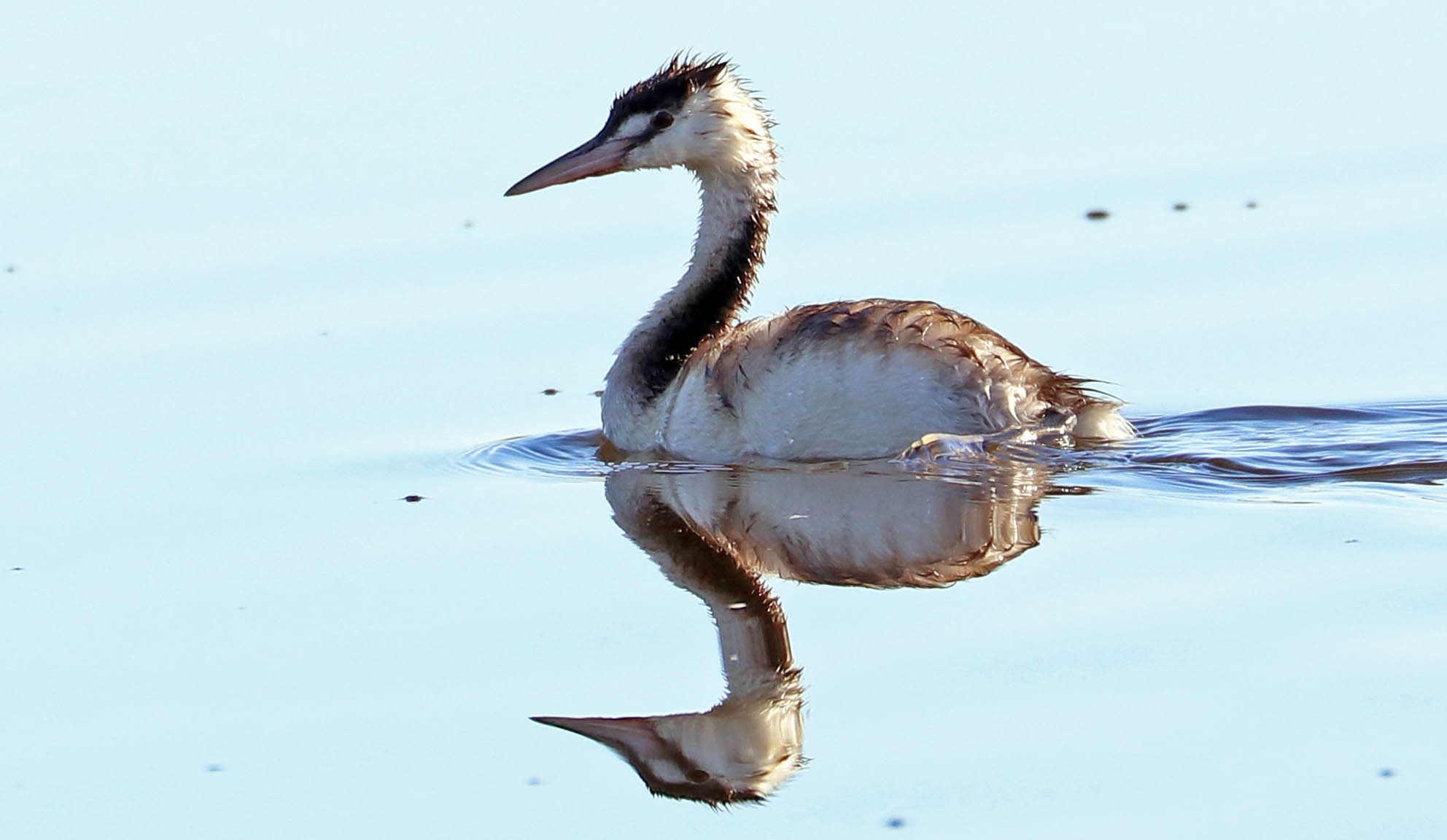 (Herdsman Lake, Western Australia)
(Herdsman Lake, Western Australia)The rail family includes many species around the world that favour freshwater habitats. The widespread Purple Swamphen has a local variation: Porphyrio melanotus, the 'Australasian Purple Swamphen'.
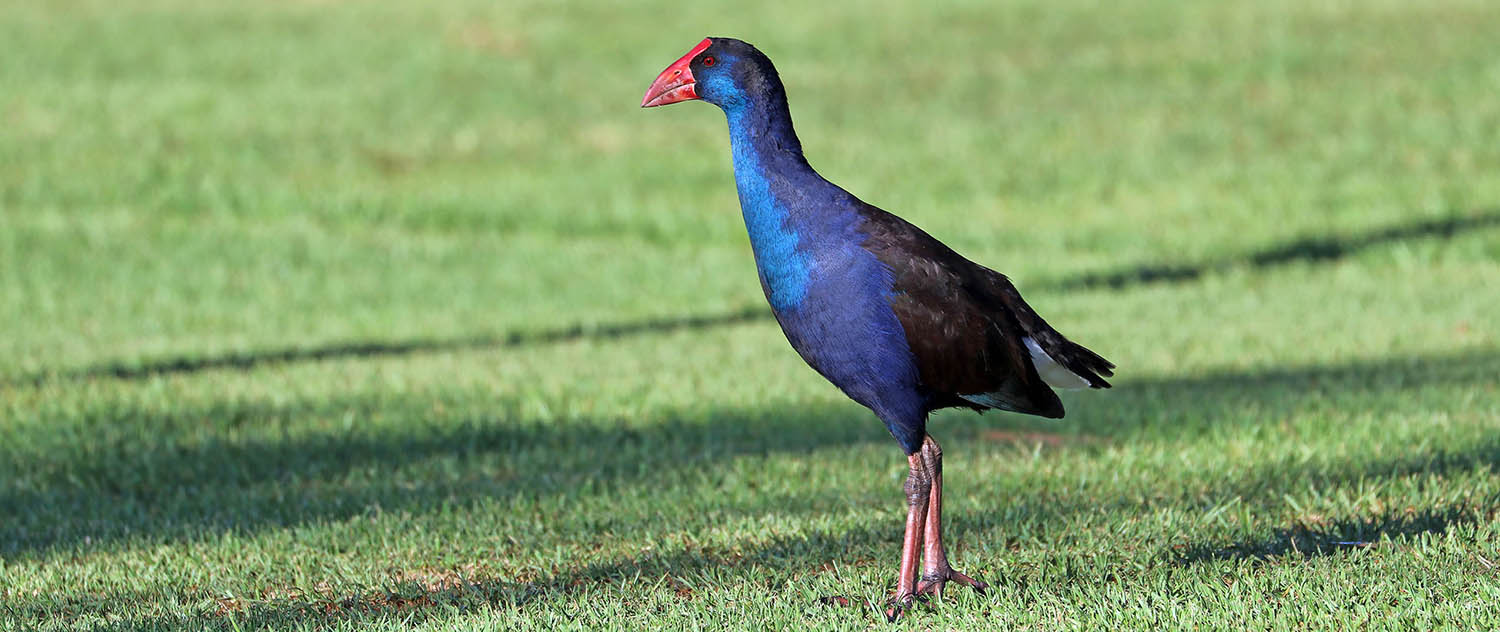 (Herdsman Lake, Western Australia)
(Herdsman Lake, Western Australia)A small family with big birds: the Pelecanidae includes Pelecanus conspicillatus, the 'Australian Pelican' (below).
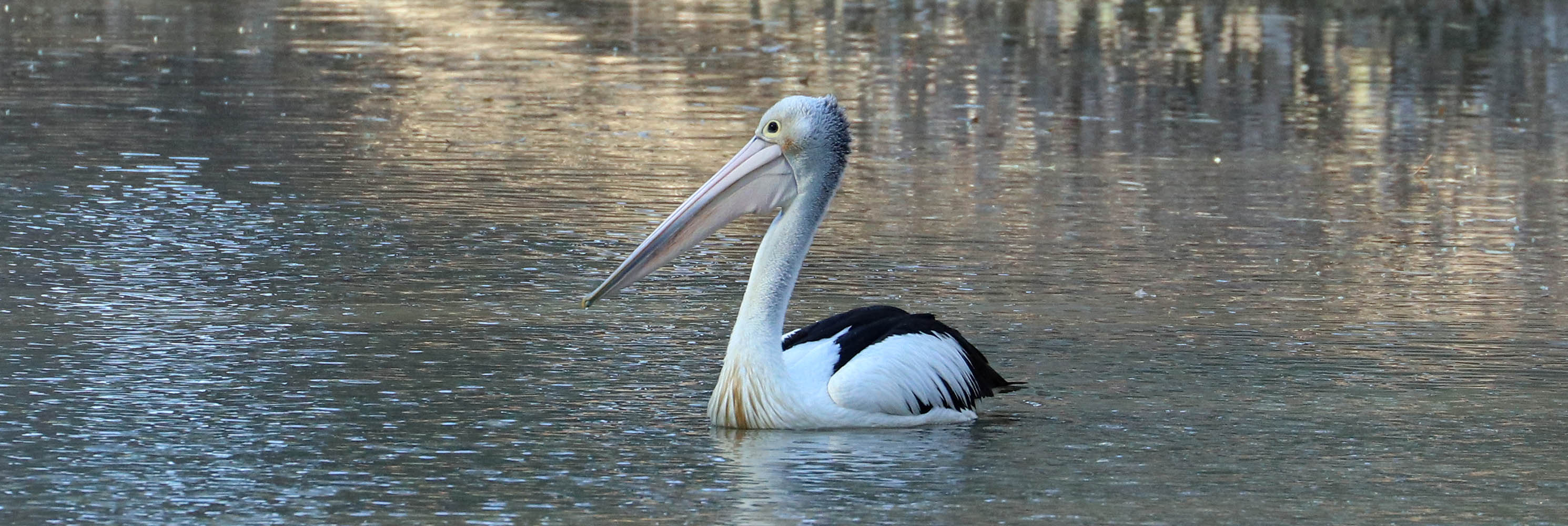 (Lloyd Jones weir)
(Lloyd Jones weir)The family Ardeidae includes all the Herons, including egrets such as the ubiquitous Ardea alba, 'Great Egret'.
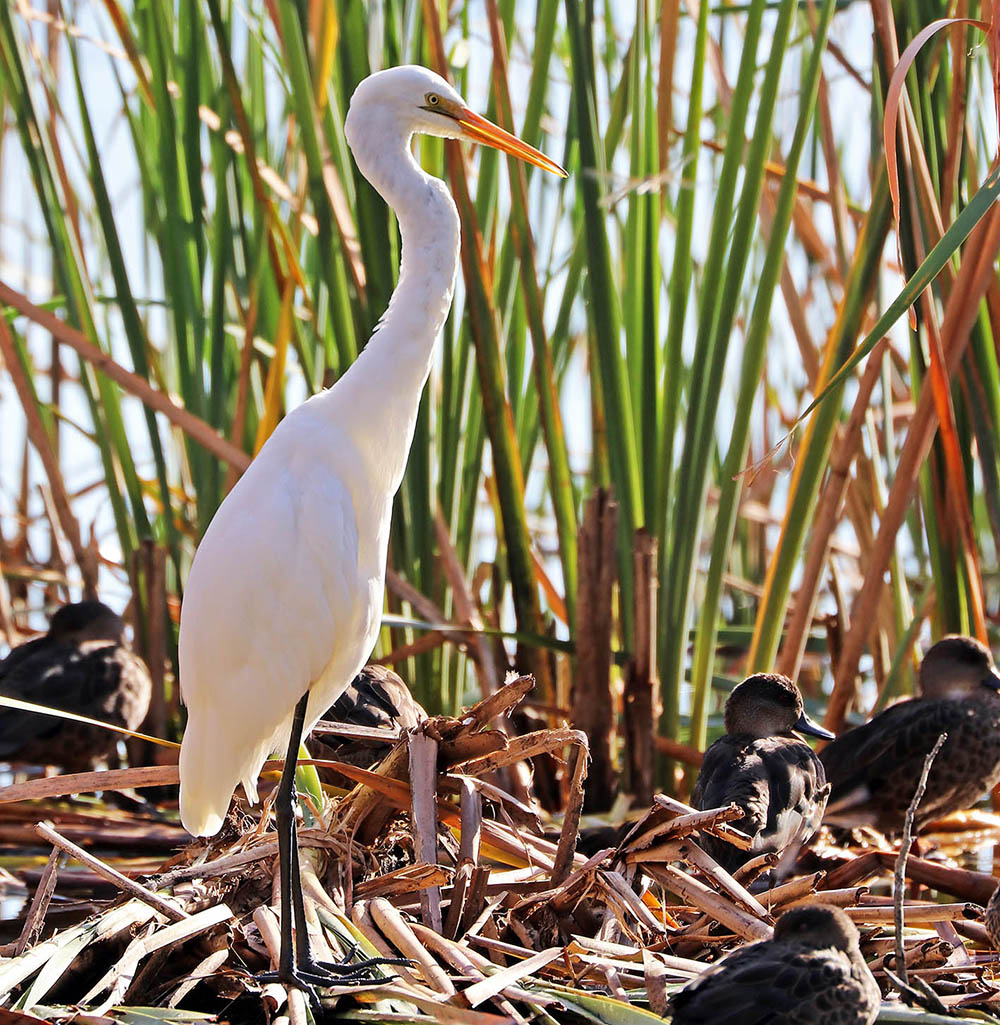 (Herdsman Lake, Western Australia)
(Herdsman Lake, Western Australia)